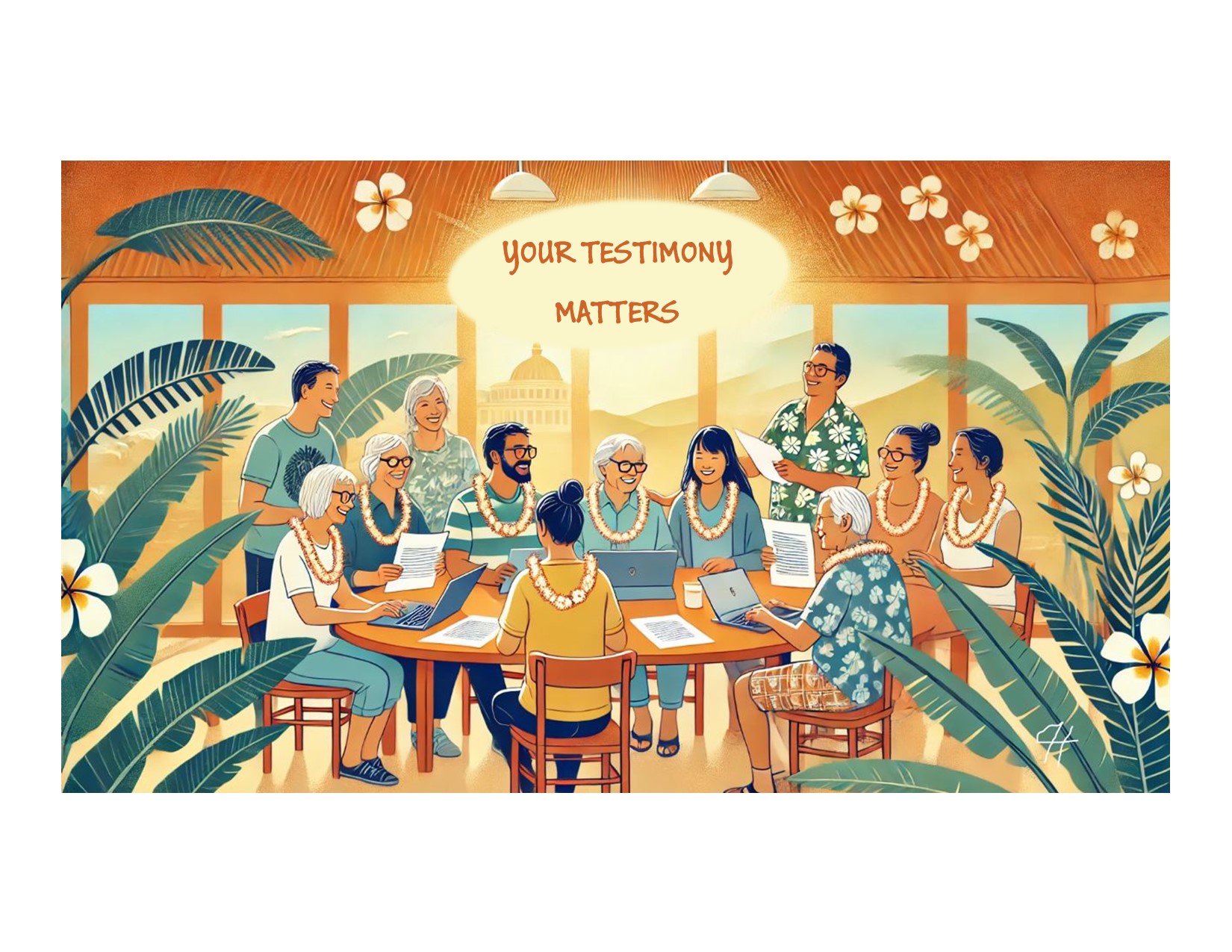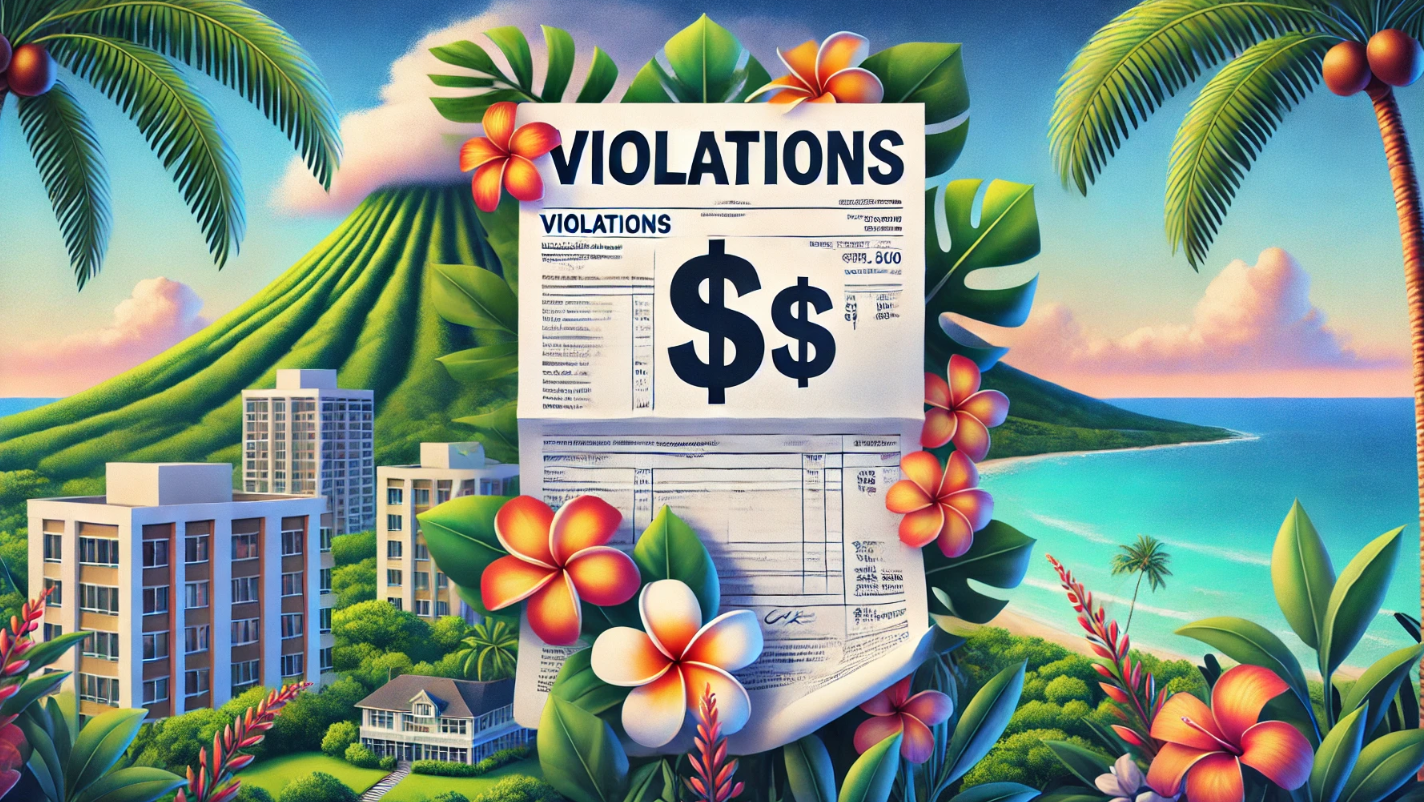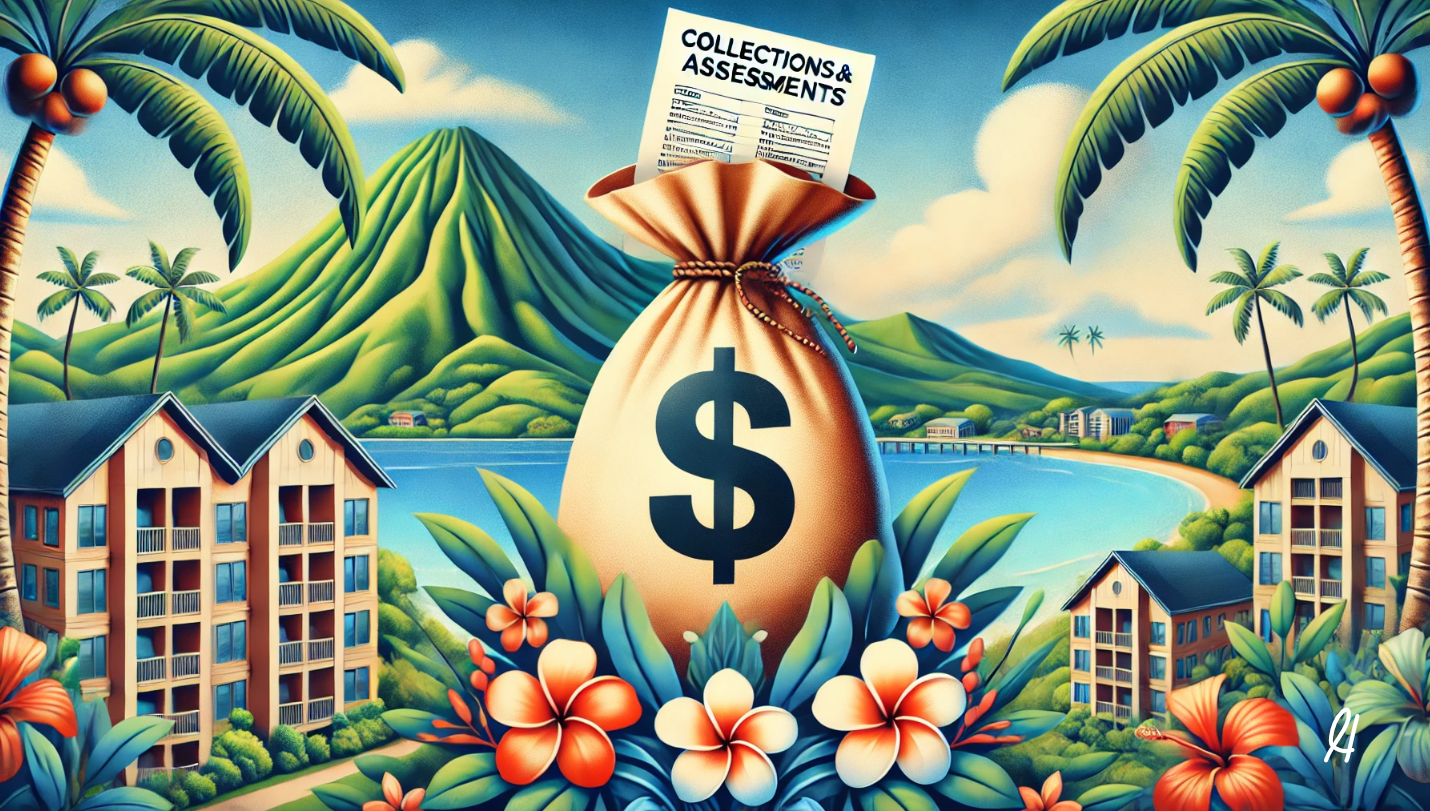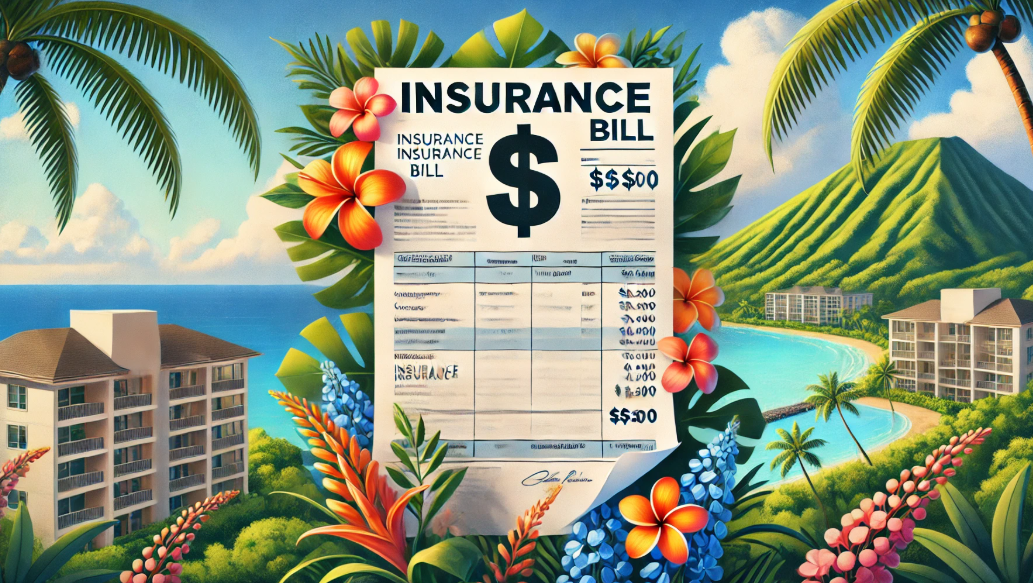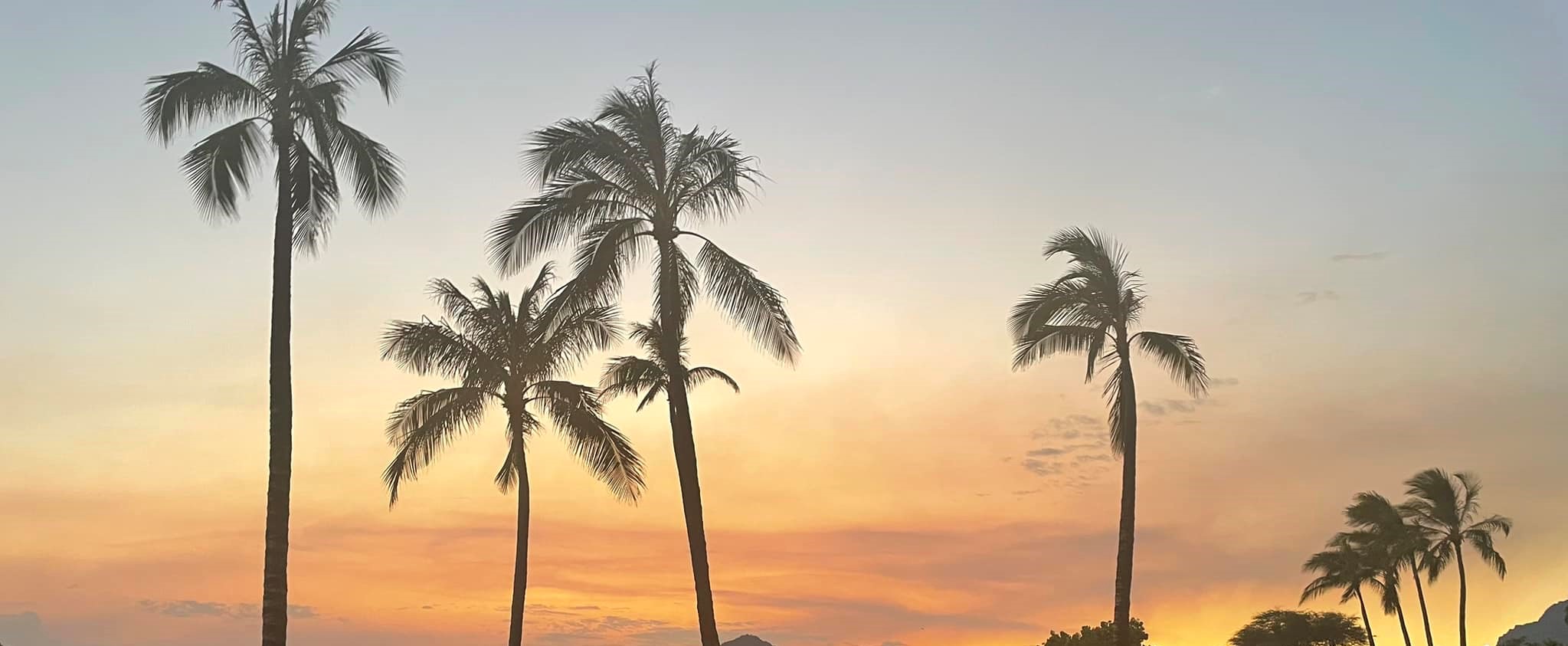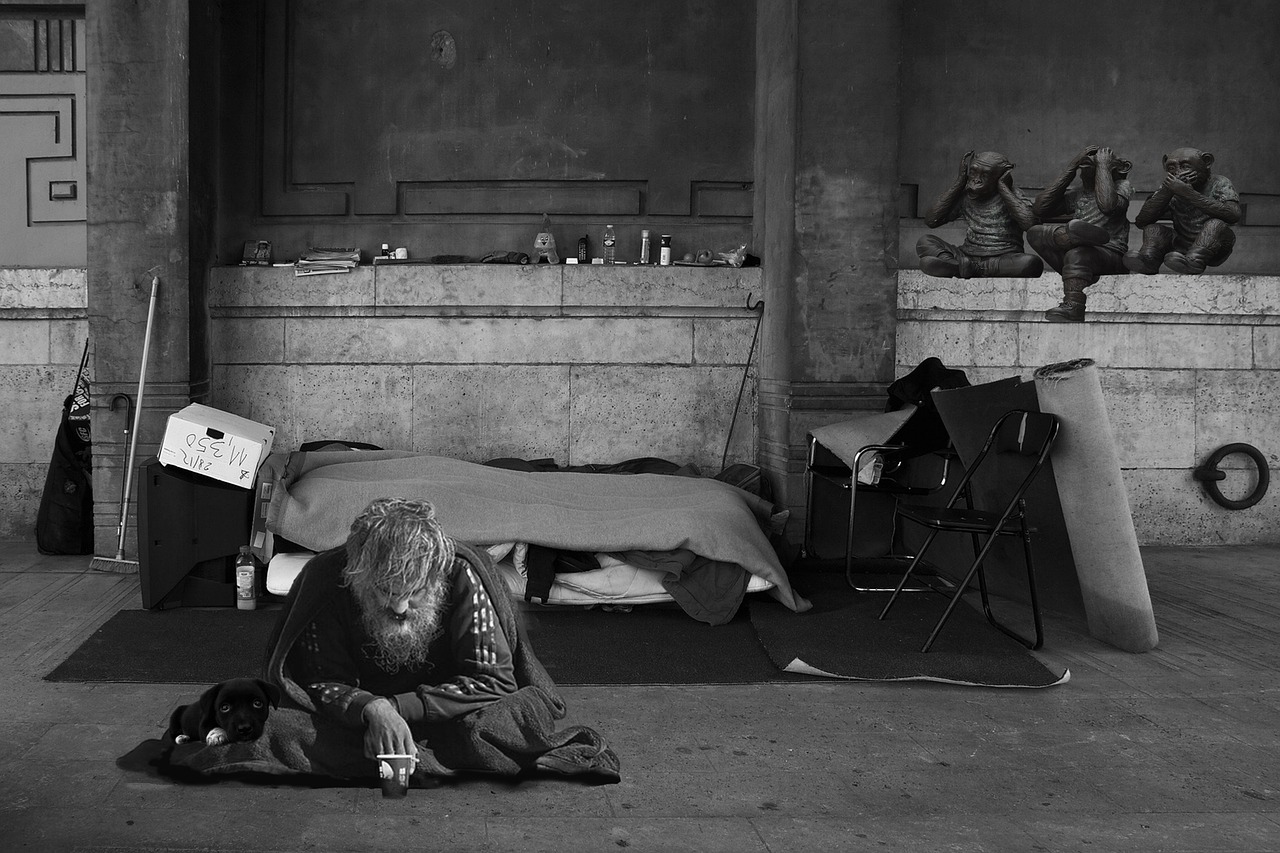Satisfying and functional, urban homesteading is a growing trend among those looking to live a more self-sufficient and sustainable lifestyle. Oahu, Hawaii’s most populous island, is an ideal location for urban homesteading due to its abundant sunshine, year-round growing season, and ample natural resources. Let’s explore the basics of urban homesteading on Oahu, including what it is, why it is becoming more popular, and how to get started.
What is Urban Homesteading?
Urban homesteading and urban gardening are two terms that are often used interchangeably, but they are not exactly the same thing.
Urban gardening refers to the practice of growing plants, herbs, and vegetables in an urban environment, such as on rooftops, balconies, or in community gardens. Urban gardening can be done on a small scale, such as growing herbs in a windowsill planter, or on a larger scale, such as cultivating a community garden that serves a whole neighborhood. The primary focus of urban gardening is on growing food, beautifying urban spaces, and promoting sustainable living.
Urban homesteading, on the other hand, is a more comprehensive approach to sustainable living that includes urban gardening, but also encompasses a broader range of self-sufficient practices. Urban homesteading often involves activities such as raising chickens, bees, or other livestock, producing homemade food and goods, and reducing waste through practices such as composting and recycling. The goal of urban homesteading is to create a more self-sufficient lifestyle in an urban setting.
While urban gardening and urban homesteading share many similarities, urban homesteading is a more comprehensive approach that incorporates a wider range of sustainable living practices. Both urban gardening and urban homesteading can provide benefits such as improving food security, promoting sustainability, and creating a sense of community in urban environments.
Why Urban Homesteading is Becoming More Popular on Oahu
There are several reasons why urban homesteading is becoming more popular on Oahu. First and foremost, it allows residents to have more control over the quality of the food they consume. By growing their own produce and raising their own animals, they can ensure that their food is organic, fresh, and free from harmful chemicals.
Additionally, urban homesteading allows residents to reduce their carbon footprint by sourcing food locally and minimizing transportation emissions. It also promotes community building, as homesteaders often share resources and knowledge with their neighbors.
Getting Started with Urban Homesteading on Oahu
If you’re interested in starting an urban homestead on Oahu, here are some tips to help you get started:
- Research local zoning laws and regulations: Before you start, make sure to familiarize yourself with local zoning laws and regulations regarding urban agriculture.
- Start small: Begin with a small garden and a few chickens to get a feel for what works best for your space and lifestyle.
- Build a support network: Join local homesteading groups or attend workshops to connect with others who share your interests and can provide valuable knowledge and resources.
- Consider composting: Composting is an essential aspect of any homestead and can help reduce waste while providing nutrient-rich soil for your garden.
- Utilize natural resources: Oahu’s warm climate and abundant sunshine make it an ideal location for utilizing natural resources such as rainwater harvesting and solar power.
Resources
Urban homesteading is a rewarding and sustainable way of life that is becoming increasingly popular on Oahu. With a little research and planning, anyone can start an urban homestead on Oahu and enjoy the benefits of a simpler, more sustainable way of life.
There are many resources available for urban homesteaders on Oahu, including:
- Community Recreational Gardening Program: Operated by the City & County of Honolulu since 1975, to provide people living in Honolulu’s densely populated communities access to garden plots.
- Sovereign Council of Hawaiian Homestead Associations (SCHHA): This group supports native Hawaiians of 50% blood quantum or more.
- Oahu Master Gardeners: This program offers workshops, classes, and educational resources on gardening, composting, and other sustainable practices.
- Urban Farming Hawaii: This organization offers resources and support for sustainable agriculture and food systems, including urban farming.
- Hawaii Organic Farming Association: This association offers education and resources for organic farming practices, including those suitable for urban homesteading.
- Oahu Urban Garden Center: This center offers workshops, classes, and resources for urban gardening and sustainable living.
- Kokua Hawaii Foundation: This organization offers resources and support for sustainable living practices, including composting, waste reduction, and urban agriculture.
- Malama Aina Permaculture offers classes and workshops on the Big Island of Hawaii near Kuwili Lani.
- Hawaii Farmers Union United: This organization offers support and resources for farmers and homesteaders, including education, networking opportunities, and advocacy for sustainable agriculture practices.
By utilizing these resources and connecting with other homesteaders on Oahu, urban homesteaders can build a strong community and thrive in their sustainable way of life.
Here’s a list of additional resources for learning more about edible landscaping and growing your own food:
- Farmer D, an nationally recognized biodynamic farmer, edible landscape designer, educator and founder of https://www.citizenfarmers.com check out his website and in his book, and he also has a podcast!
- The University of Hawaii College of Tropical Agriculture Cooperative Extension Service is a wonderful resource for farmers and gardeners in Hawaii.
- Soil testing in East Hawaii
- Natural, non-toxic pesticide and fertilizer: Neem Oil
- Homemade, natural fertilizers: https://www.farmersalmanac.com/8-homemade-garden-fertilizers-24258
- Transforming Hawaii’s Food System Together: Is looking at the bigger picture of promoting the islands as a sustainable community at large.


